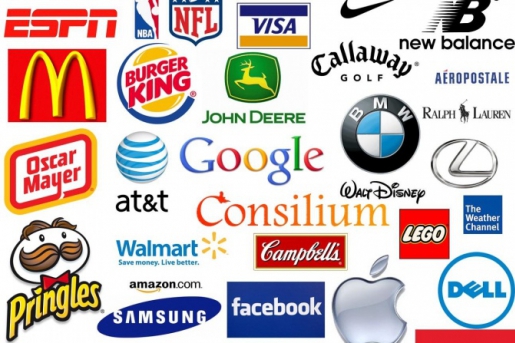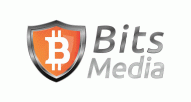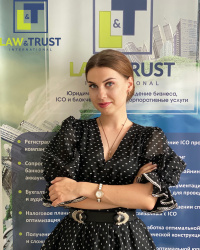In this article, we consider trademarks as a means of expressing certain thoughts by some individuals and, accordingly, as a means of restricting the expression of others. With direct use, trademarks can not only serve as a means of individualization but also convey important social or cultural meanings.
Ask any law student about the difference between copyright and trademarks, and he will probably point out the following key difference: copyright protects original works (text, music, video), while a trademark protects certain words, phrases, slogans, symbols or patterns defining specific goods or services and distinguishing similar products from each other.
Despite the fact that Intellectual Property Offices should refuse to register a trademark to an applicant if, in the expert's opinion, the contents of such a trademark are offensive or degrading to a certain group of persons, in some countries (for example, in the USA) trademarks can be used as an expression of point of view. For example, the US Supreme Court officially recognized that trademarks are able to express a point of view in cases:
-
Jank v. Brunetti, having decided that a public authority (United States Patent and Trademark Organization, USPTO) cannot refuse registration “based on the views expressed by the sign”.
-
Matal v. Tam, having decided that the government cannot reject the sign based on the point of view that it seems to be expressing.
Although “expression” may not always come to mind when it comes to trademarks, they have the multilateral ability to convey certain ideas, for example, NIKE's well-known slogan “Just Do It”.
On the one hand, descriptive or suggestive signs can convey basic observations about the product being sold, for example, Park N’Fly for an airport parking lot or Aeroflot for an airline.
On the other hand, as William McGerwan describes in his article “Rethinking Fair Use,” trademarks can express a point of view when they “rely on meaning or associations to fully illustrate or animate the message of something.”
Examples include well-known trademarks such as “Think different” or the already mentioned NIKE slogan “Just Do It!” - they are registered trademarks that do not describe or suggest any specific products to which they belong (computers and clothes, respectively), but instead, they force a person to “search” for the meaning applicable to the products offered and to associate their future interaction with these products based on the slogan. If I have a computer or other equipment from Apple, then I "think differently." If I have Nike sneakers, then I will “just do it” (in the context of sports).
A trademark can also serve an expressive purpose in case of the particular company or owner that accepts it. For example, the trademark “The Slants”, the registration issue of which was addressed in Matal v. Tam case literally means "cross-eyed" and is used to abusively appeal to Asians.
Nevertheless, the US Supreme Court indicated that since the applicant himself is an Asian, the use of such slang when registering a trademark is permissible, insofar as it is not used to insult the masses, but rather to remove this word from the category of offensive ones.
As we know, the name of one of the companies of Elon Musk “The Boring Company” is surprising. Musk registered a trademark that deftly condemns its owner, however, forcing users to learn more about the company's services. If "The Boring Company" was registered by an accounting office, this would give the public a completely different message.
Thus, when deciding on the registration of your brand, it is also necessary to take into account that it makes sense to register such brands that may not be directly related, but in conjunction with the goods will encourage people to act.
Lawyers at Law and Trust provide services for the registration of intellectual property, protection of corporate identity, as well as patents and trademarks. We have accumulated rich and multifaceted experience since 2006. During this time, we have registered more than 3,000 intellectual property objects in more than 100 countries of the world.


Our clients
























